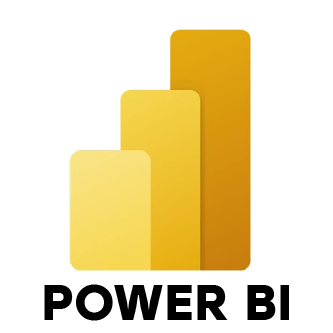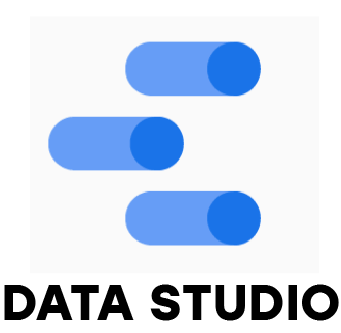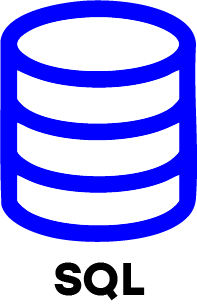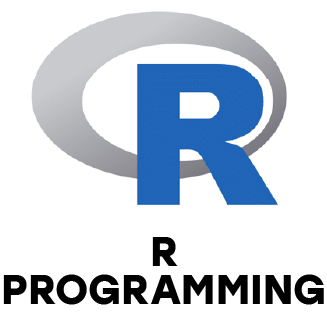- Join Our Best Data Analytics Training Institute to Master Data Handling and Visualization.
- Complete Data Analytics Training – Covers Excel, SQL, Python, Power BI and Tableau.
- Engage in Real-time Projects and Acquire Useful Skills With Hands-on Learning Experiences.
- Choose Flexible Learning Modes Weekday, Weekend or Fast-track Tailored to Your Schedule.
- Advance Your Skills with a Data Analytics Certification Course and Placement Support.
- Get Guidance for Resume Building, Interview Prep and Career Advancement Strategies.
 Fees Starts From
Fees Starts From





























 Chennai Location
Chennai Location Bangalore Location
Bangalore Location